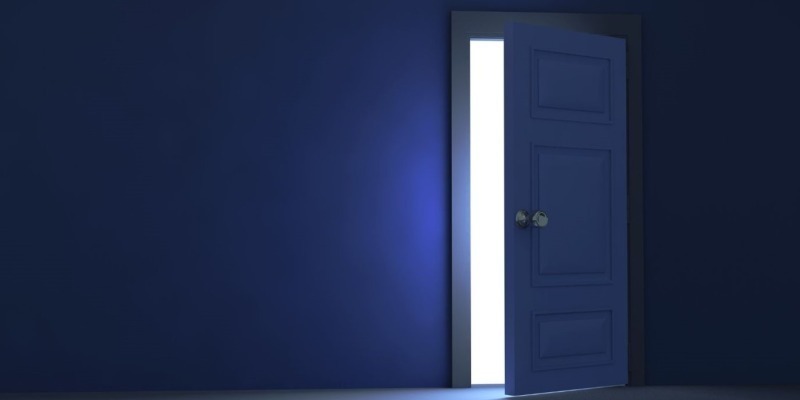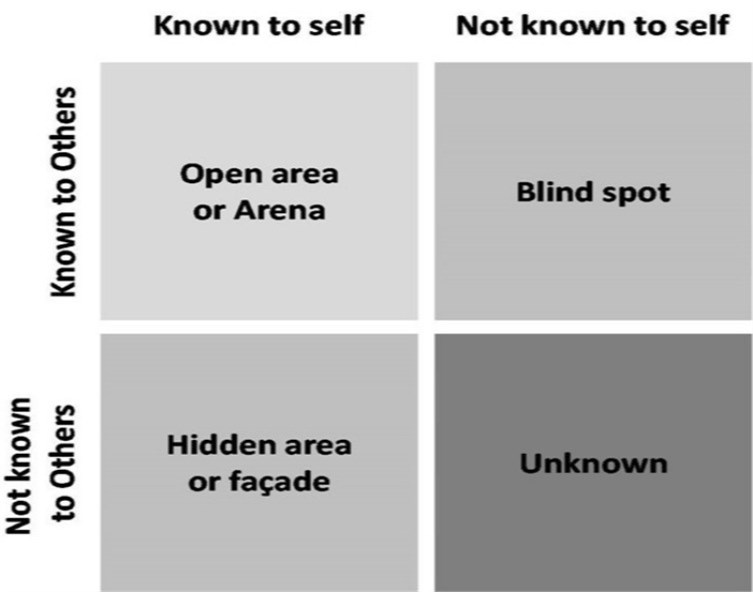When The Secrets of Our Hearts Are Laid Bare

Will it be right for me to say we all have secrets? Of course! We all have aspects of our lives we would rather keep from prying eyes and public scrutiny. The Bibles says, “The heart is deceitful above all things, and desperately wicked: who can know it?” (Jer. 17:9, KJV). The NIV says the heart is “beyond cure,” so the saying is true that Jesus did not come to make bad people good. He came to make dead people live.
This is why we must give the miracle of salvation the attention, appreciation, and gratitude it deserves. There is no other miracle on Earth that rivals the salvation of a sinful heart. God has not just mended our old heart; He has made it brand new, through the power of forgiveness and redemption. It’s a mysterious miracle that only eternity will fully unveil. But for now, let’s never diminish this amazing Grace that saved us from sin and death.
And as we sojourn on earth, we find evil forces of darkness lurking and poking at our forgiven hearts, seeking to enslave them again, through evil allurement. Sadly, but certainly, we sometimes fail and stumble, but when we yield to God again, His faithful and loyal love finds and forgives us. He always keeps His promise, not only to forgive, but to “cleanse” or “purity” us from “all,” not just some unrighteousness (1 John 1:9). He is a good God indeed. Sadly, we are not, we tend to revert.
As we seek revival, we must cultivate a lifestyle that daily presents our rebel hearts before the Lord as a living sacrifice (Rom 12:1), and allow Him to break our resistance with His love. Only total “yieldedness” will do.
The challenge we all have is to stop hiding from God, what He already sees. “Nothing in all creation is hidden from God’s sight. Everything is uncovered and laid bare before the eyes of him to whom we must give account.” (Heb. 4:13). We know this, but we still stupidly attempt to hide. Why?
In the 1950s, Psychologists developed a tool known as the Johari window to help improve self-awareness as well as awareness of others. It’s now commonly used in many fields including counselling and coaching. The Johari window has four windows or quadrants as shown below:

For the purpose of illustration, let’s assume the four windows or quadrants of the model above represent parts of our hearts. On the left side of the model, you have two windows or quadrants (2 parts of our hearts) which are known to us. The top left quadrant contains things that are known to us and others. These are things that are pretty obvious about us. The bottom left window contains, things that we know about ourselves that others don’t know or that we hide from them.
On the right side there are two quadrants that are unknown to us. The top right window is however known to others. These are our blind spots, things we are oblivious about that other people perceive about us. We need honest feedback from people who love us and will not just tell us what we want to hear, to discover our blind spots. And lastly, the bottom right window represents aspects of our lives we have no clue about, and others can't see either – “the unknown”.
Whilst this is not at all a spiritual or biblical tool, I think it helps to capture the thoughts of Jer. 17:9. On that basis, can I ask you a question? When you come before God in prayers, how much of the stuff in your “hidden area” do you open up to God? I’ll imagine that most Christians who want to grow will regularly pray about their “blind spots”. And it takes a deeply intimate “leaning in” to come to a place where every “unknown” part of our hearts is laid bare.
Isaiah had the experience of God blowing off the cover on his “unknown” heart, such that when he saw the Lord in the Beauty of His Holiness, he cried out “Woe to me!” “I am ruined! For I am a man of unclean lips, and I live among a people of unclean lips, and my eyes have seen the King, the LORD Almighty.” (Isaiah. 6:5). Prior to that experience, Isaiah’s cry was “Woe to you, woe to those, woe to them”, but when he saw the LORD, he said “Woe to me.” What followed was pretty powerful. A supernatural touch, with a cleansing coal; his guilt was taken away and his sins atoned for, and then a commissioning to go and tell the world about the Messiah.
As we pray for revival, let’s heed the words of Gypsy Smith: “Go home. Lock yourself in your room. Kneel down in the middle of the floor, and with a piece of chalk draw a circle around yourself. There, on your knees, pray fervently and brokenly that God would start a revival within that chalk circle.”
As we press in for more of the prophetic, we must recognise that the goal of the prophetic is worship. “As the secrets of their hearts are laid bare. So they will fall down and worship God, exclaiming, “God is really among you!” (1 Cor. 14:25) . My prayer is that this will not just be the experience of inquirers or non-Christians that visit our church, it will be my lived experience as well as yours. It is only in His presence that our faces and our hearts are unveiled. And as we gaze upon His glory, we will be transformed into His image with ever-increasing glory, which comes from the Lord, who is the Spirit (2 Cor. 3:18).